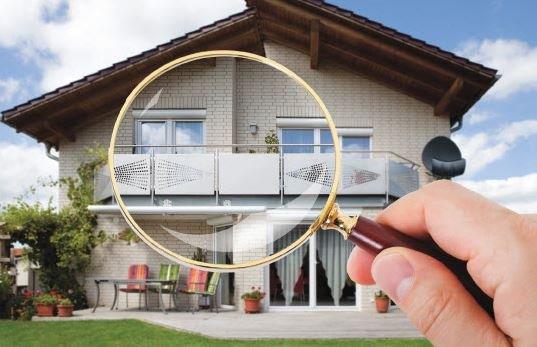Fact or Myth: Everything You Need to Know About Radon
by Katherine Mayer
 What’s the deal with radon? Why are we talking about it so much? Join Caroline Cox, from EcoSuperior, on Wednesday, October 26 at the Thunder Bay Regional Health Sciences Centre, to learn everything you need to know about radon. The session is from 7:00-8:00 pm, free-of-charge and everyone is welcome. Parking passes will also be available. Space is limited. Call 684-7790 to reserve your spot.
What’s the deal with radon? Why are we talking about it so much? Join Caroline Cox, from EcoSuperior, on Wednesday, October 26 at the Thunder Bay Regional Health Sciences Centre, to learn everything you need to know about radon. The session is from 7:00-8:00 pm, free-of-charge and everyone is welcome. Parking passes will also be available. Space is limited. Call 684-7790 to reserve your spot.In the last few years, radon has quickly become a trending health topic. As discussions swirl and opinions begin to flare, Caroline Cox, Radon Awareness Project Coordinator from EcoSuperior, is ready to set the facts straight about radon.
Radon has a strong smell.
Myth – “Radon is a radioactive soil gas that we can’t see, smell, or taste. Outdoors, radon mixes with the air in the environment and becomes diluted. However, indoors, radon can become trapped in homes and can accumulate to high levels which can affect your health,” explains Cox.
Thunder Bay has low levels of radon compared to the rest of Canada.
Myth – Cox states, “According to a 2015 study conducted by the Thunder Bay District Health Unit, 16% of Thunder Bay homes have high levels of radon, which is more than double the national average of 6.9% and more than triple the provincial average of 4.6%.”
Lung cancer is the only health concern associated with radon.
Fact – Cox warns that “Long-term exposure to radon gas is the leading cause of lung cancer for non-smokers in Canada. The odds are worse for people who smoke and are also exposed to high levels of radon, since 1 in 3 have a chance of developing lung cancer, according to Health Canada.” The health risk depends on the level of radon and how long a person is exposed to those levels.
Radon can enter at any opening between your home and the ground.
Fact – “Entrances for radon include sump pits, floor drains, floor cracks, and exposed soil. Radon can get trapped in homes and can accumulate to high levels that cause lung cancer,” says Cox.
There is no test to see if radon is in your home.
Myth – “Testing for radon is the only way to know if your home has high levels. Long-term tests between 90 days and one year are the most accurate ways to tell whether your home has high levels,” states Cox. In Thunder Bay, Radon Test Kits are available for sale from EcoSuperior for $50.00.
To learn more about radon, join Cox at the Thunder Bay Regional Health Sciences Centre (Auditorium A) on Wednesday, October 26, 2016. She will be the speaker for the October Healthy Get-Together, titled Everything You Need to Know About Radon. The session is from 7:00-8:00 pm, free-of-charge, everyone is welcome and parking passes will be available. Additionally, Radon Testing Kits will also be available for purchase for $50.00, cash or cheque. Space is limited for the session. Please call 684-7790 to reserve your spot. To learn more about radon, visit Health Canada’s website and click on Environmental and Workplace Health, then Radiation, and then the Radon tab.